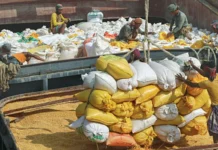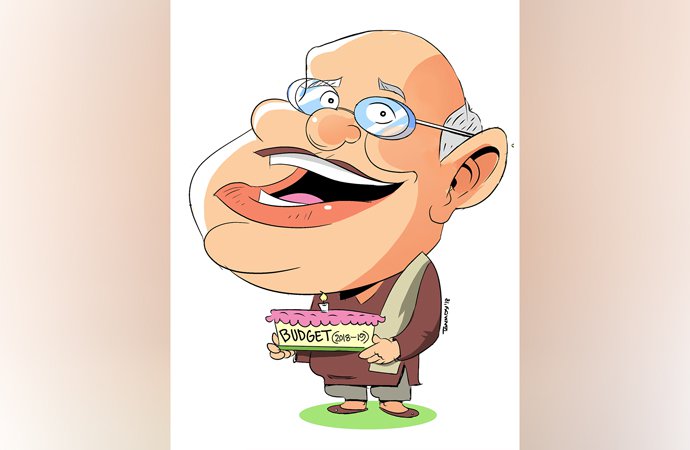A U.S. threat to withdraw trade preferences will harm labor progress.

Bangladesh has faced a military dictatorship and Islamist threats in the last decade, yet its economy keeps growing at 6% a year. That’s no small feat, and much credit goes to its garment exporters, who are even starting to edge out Chinese manufacturers. But now a potential move by the U.S. to restrict market access threatens this trade-fueled growth.
At issue is Dhaka’s duty-free status under a WTO program known as the Generalized System of Preferences that gives poor countries special tariff treatment on select imports. The office of the U.S. Trade Representative is reconsidering Bangladesh’s GSP privileges because it says Dhaka isn’t paying enough attention to worker rights. Trade officials plan to hold a hearing in March.
Less than 1% of Bangladesh’s $5 billion of annual exports to the U.S. falls under Washington’s GSP program, but the stakes are still high. Revoking a country’s GSP benefits sends powerful signals about its business conditions. Multinationals that source clothes from Bangladesh may reconsider, as could the European Union, which buys Bangladesh garments worth around $8 billion a year, mostly under the EU’s GSP program. Washington has exercised this option rarely, recently against Argentina for not paying arbitration awards to U.S. companies.
The only winners would be unions such as the AFL-CIO, which is responsible for putting Bangladesh in the dock. U.S. officials have to certify that a GSP beneficiary meets certain criteria on labor rights, and the U.S. trade rep began reviewing Bangladesh in 2007 because the AFL-CIO petitioned that Dhaka didn’t let workers unionize easily. The labor group has kept beating this drum, petitioning again in October.
Against this backdrop came a Dhaka garment-factory fire in November that killed 112 workers. The tragedy received widespread media attention in the U.S. and seems to have convinced trade officials to complete Bangladesh’s review. The AFL-CIO says the fire reinforces its case because “unions would be a front-line in addressing fire safety.”
Bangladesh faces genuine workplace-safety issues, but at this point unions are more likely to stir trouble on the factory floor, not prevent it. The big reason garment-factory owners resist unionization, and ask the government to limit union activities in export zones, is that local unions tend to quickly become appendages of the country’s political parties, which then use them as street muscle. As for factory fires, their root lies in subcontracting work to unregistered firms that dilute safety standards, along with poor infrastructure.
If Washington wants to help, the last thing to do is take GSP off the table. Bangladeshi officials have been interested in talking to their U.S. counterparts primarily in the hope of getting more duty-free access. Without GSP, Washington loses the leverage to pressure Dhaka to enforce building codes, let alone union rules.
If the Obama Administration wants change in Bangladesh, carrots will work better than sticks. Expanding Bangladeshi goods under GSP is one obvious step. America’s GSP programs currently exclude apparel, however, so a bigger incentive would be lower tariffs on textiles. The AFL-CIO and other Democratic allies will fight it, which is why this is a useful second-term test for President Obama, who lately has been professing to want more trade.
This should also be a foreign policy priority for Washington. The U.S. has every interest in seeing this Muslim-majority democracy, once derided as a “basket case,” become a development model. Prosperity will also bring enforcement of safety regulations, attention to worker rights and much else the West now demands of Dhaka. But for all this, Bangladesh needs to keep its GSP status.
Source: WSJ









